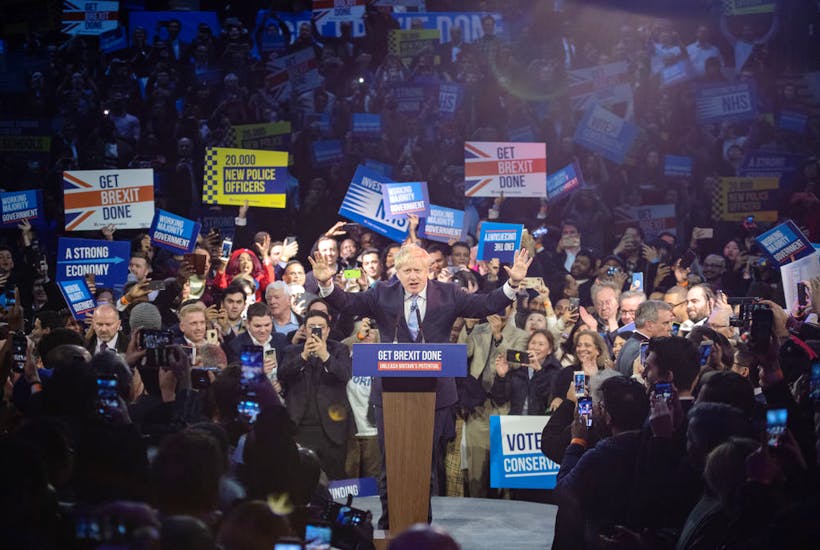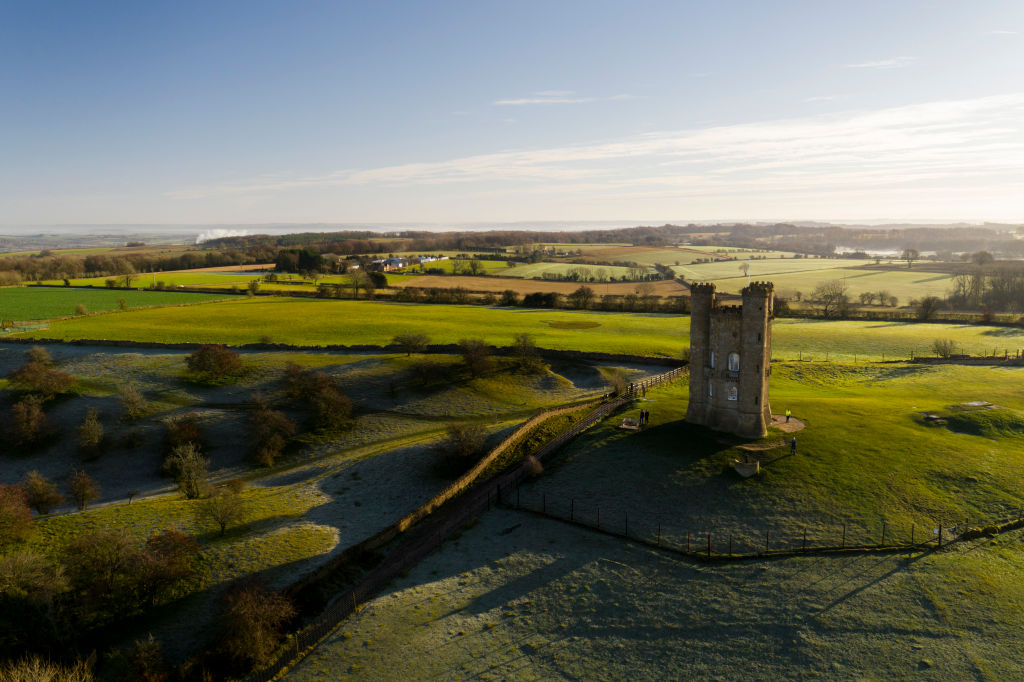Boris Johnson has won one of the most spectacular election victories in recent British political history. He has broken the deadlock that has gripped UK politics since the 2017 election, winning a much larger majority than anyone expected. He is, currently, projected to have a majority of 68.
This victory means that the UK will leave the EU on January 31. But it also means something else, and something that might turn out to be almost as important to the future of the country. This election has realigned British politics. The Tories have won Leigh, Workington, Wrexham, Ashfield, Bolsover, Darlington and a slew of other working class seats in the North and Midlands of England. At the same time, they have lost Putney and failed to regain Canterbury.
The Tories now represent far more seats in the North, the Midlands and Wales than they did before. Given that the first rule of politics is that you must dance with the one that brung you, they must now deliver for these places.
This means a new form of Toryism. So we will see a Conservative party that is prepared to intervene in the market when that is what is needed to boost pay: look at their plan for a minimum wage of over £10 ($13.50) an hour. It is a Tory party that will put tax cuts for those at the bottom first: look at how Boris Johnson’s initial tax of raising the top rate threshold has been put on the back-burner and the Tory priority is now raising the National Insurance threshold.
But, perhaps, even more important than these shifts is dealing with regional inequality. When Katy and I interviewed the Tory leader two weeks ago, he talked about how he thought this factor had driven support for Brexit. His view is that the answer to this problem is infrastructure. He made clear in that interview that he was going to rip up Treasury rules so that more of these projects get built outside of London and the South East.
Infrastructure, though, takes a long time to get built and the Tories need things to have changed by the time of the next election. Something will need to fill that gap then. As one close ally of the prime minister put it to me, ‘Infrastructure spending and pump priming are going to be the order of the day.’
Boris Johnson has won with a new electoral coalition tonight. But the challenge for him is to keep it together once Brexit is ‘done’ and Jeremy Corbyn is gone. This will require him to develop a Toryism that can improve lives in Leigh, Bolsover, Wrexham and all the other places that backed the Tories for the first time tonight.
This article was originally published onThe Spectator’s UK website.


























